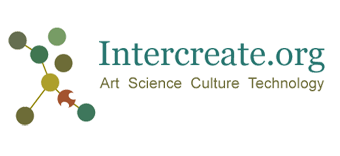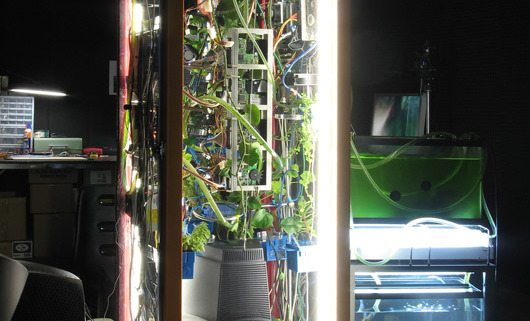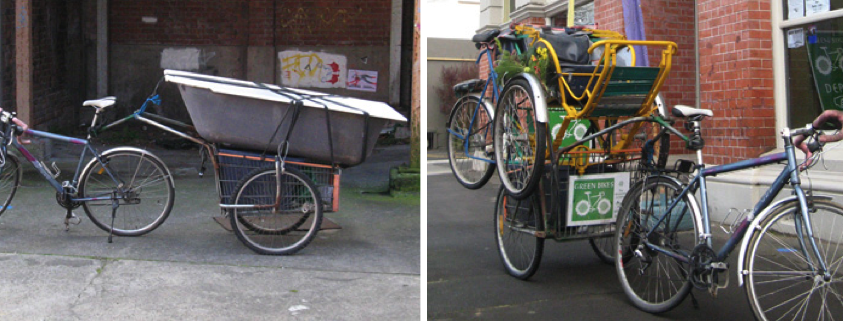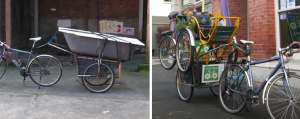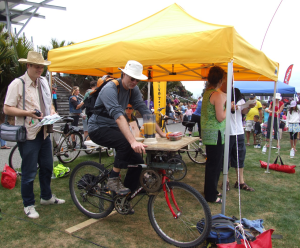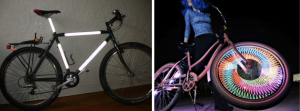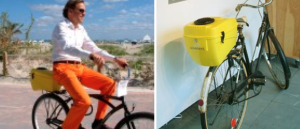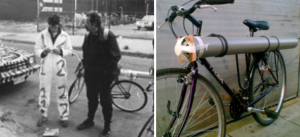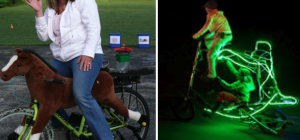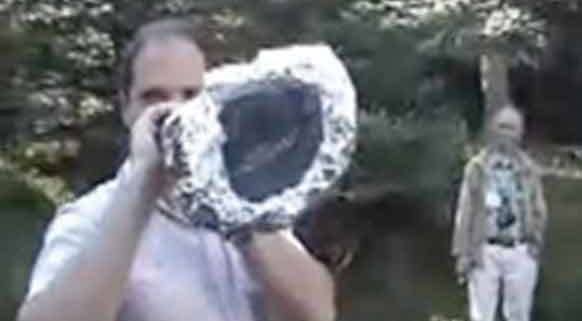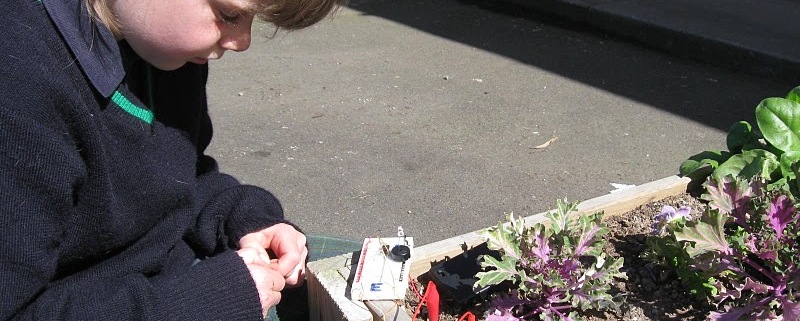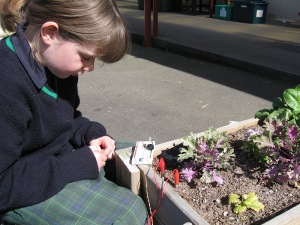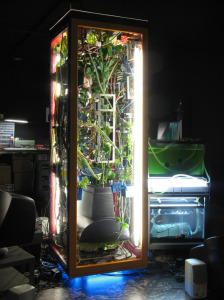
Results of Biomodd Philipines - a months long collaboration
Below is a list of all the materials and space requirements for the Biomodd workshop. To make it a little more fun for ourselves, we thought we’d keep a tally on the site, crossing things off as we go. It’s also a way to gather input, and give credit to anyone who might donate materials, space, or advice on sourcing these items. So here you go, and comments are welcome!
1. MATERIALS REQUIRED
1.1. Materials to be gathered locally
Used computers and computer components:
1. average of 1 to 2 used computers per 3 participants
2. computer specs: Pentium IV or higher, min. 512MB RAM, min. 20GB hard drive, min. 64MB video card, monitor, keyboard, mouse
3. computers can be partly broken, but in this case it is advised to have a supply of used computer components such as RAM, hard drives, video cards, etc.
Running report:
Hard drives – 4 collected so far — 1 of which is confirmed as a Penitium IV, 2 of which whose motherboards have blown. Owners only request that any hd’s are reformatted/info wiped.
Monitors – 2 collected — 1 flat, 2 crt’s.
Tools:
1. basic tool set: screwdrivers (large and small), long-nose pliers, hammer, drill, snap-off blade utility knives, scissors
2. tools for putting things together: rope, twine, adhesives (glue, paste, packing tape, duct tape), glue gun, nails, screws
3. soldering iron and solder
Running report:
Much of this can be supplied by ourselves or WITT
Plants:
1. especially local plants, and plants that can be grown in small containers
1. small containers to grow them in… 😉
Need to find local places to request.
Lights:
1. allot 1 (second-hand) light for every 2 participants
Tables:
1. allot 1 table and 2 chairs for every 2 participants
1.2. Materials provided by the workshop leaders
Angelo will bring:
1. 1 water-cooled computer (motherboard with water block, water pump, radiator, tubing, RAM, hard drive)
2. case-modding lights
3. Torx screwdriver set
Further needed:
1. Arduino boards, assorted sensors, assorted actuators*
2. conductive fabric
*If the production budget allows for that.
4 Arduino controllers and basic equipment (sensors, actuators, electronic components)
Expendables (nails, screws, tape, glue, cable ties, small, computer components)
2. WORKSHOP SPACE ORGANIZATION
2.1. Duration
Min. 5 days, max. 2 weeks.
2.2. Participants
Number: max. of 25
Age: above 14
Experience: no previous experience needed, but preferably an interest in at least plants, biology, electronics and/or computers
2.3. Space requirements
Size: min. 30 m2
Availability: materials have to stay in place throughout the whole workshop
Security: possibility to lock and secure the space overnight
Internet access: at least one Internet access point is crucial for the workshop
Water supply: nearby water supply is needed to take care of plants and algae
2.4. Local resources
Please make sure that the workshop is organized in a location with access to:
1. thrift stores
2. hardware stores
3. computer stores
2.5. Post-workshop exhibit
The result of the workshop can be exhibited as an installation. See this photo of the Biomodd Workshop Sint-Niklaas for an example of that.
2.6. End
At the end of the workshop as many components should be re-used or recycled as possible. For re-use, participants can take home components or pieces can be sold or donated to thrift stores. All used plants should be brought back to nature or adopted by the participants.
In case the workshop/exhibit takes longer than the stay of the artists, KIBLA is responsible for taking down and recycling the installation.
